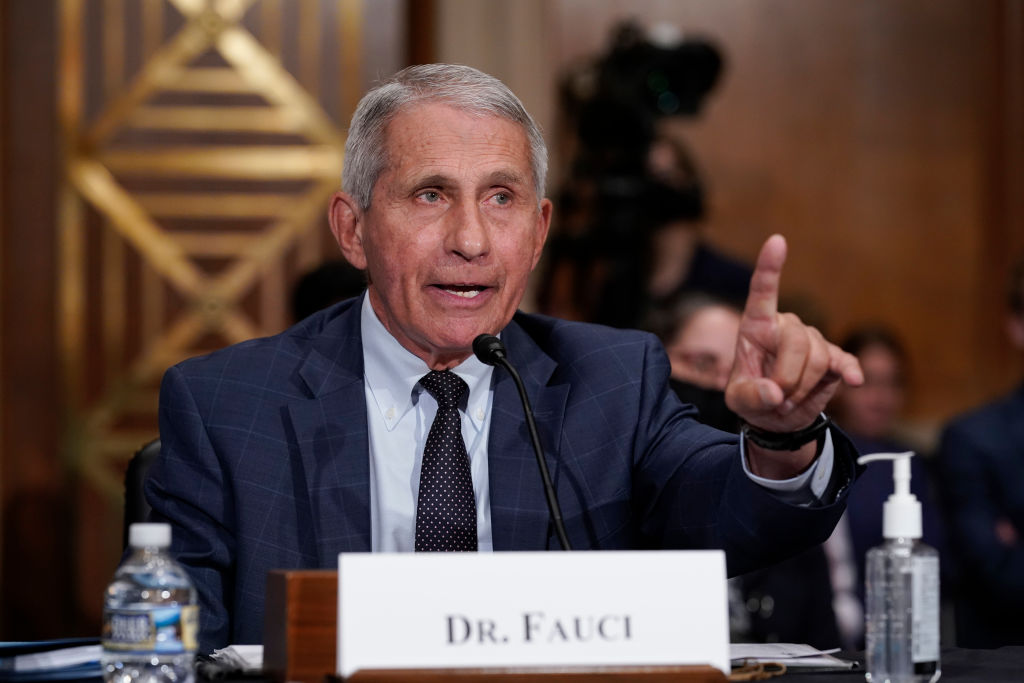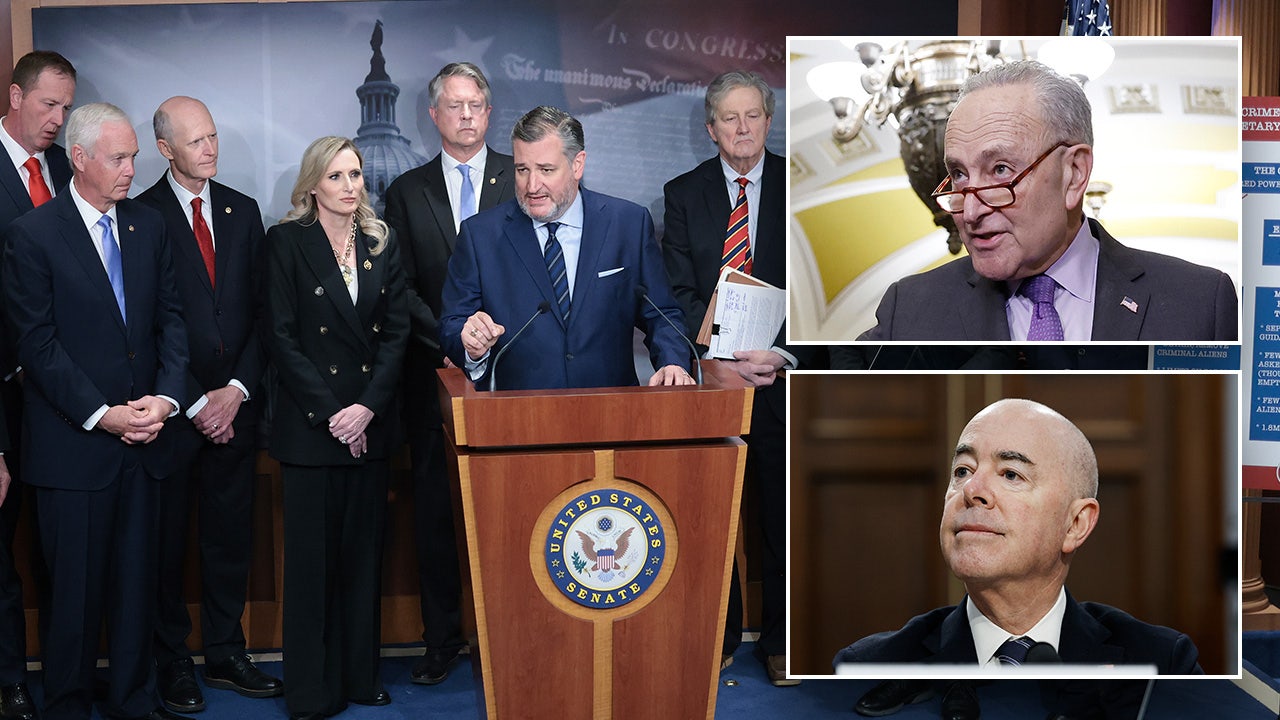UK Inflation: Wages 'Falling Noticeably', as Energy Cap Set for Another 500 Increase

Soaring inflation in the UK has resulted in basic wages “falling noticeably” in real terms, the Office for National Statistics (ONS) reported on Tuesday.
According to a report from the ONS, between December and February, average pay including bonuses rose 5.4 per cent, and regular pay — excluding bonuses — rose by 4.0 per cent.
However, the UK’s official statistician agency noted that as a result of inflation, take-home pay including bonuses rose by 0.4 per cent and regular pay actually fell during the recording period by one per cent.
The director of economic statistics at the ONS, Darren Morgan said: “While strong bonuses continue to mitigate the effects of rising prices on people’s total earnings, basic pay is now falling noticeably in real terms.”
The problems of inflation are likely to be much higher, as it is a lagging indicator, meaning that its impacts are not always noticed immediately in economic data.
Expectations are that inflation in Britain is only expected to grow as well, with the Autumn expected to see the worst of the effects due to an increased demand for energy and rising energy prices.
After taking inflation into account, average pay including bonuses rose 0.4% in the year to December 2021 to February 2022, while excluding bonuses it fell 1.0% https://t.co/NQQyzUtd1P pic.twitter.com/qRAK1DBLZH
— Office for National Statistics (ONS) (@ONS) April 12, 2022
According to the nation’s energy regulator, Ofgemn, the energy price cap — a socialist system in the UK supposedly intended on keeping energy prices low for middle and lower-class families — is on pace to hit £2,400 in October.
The energy price cap, which has seen several smaller UK energy providers be forced to shutter when they could no longer provide energy at the rates locked in by government diktat, was raised to £1,971 this month, compared to £1,042 last March.
Ofgem noted that the price cap could be raised much higher than £2,400 in the Autumn due to uncertainty in the global energy market.
A government source told the Daily Mail: “We are only two months into the six-month forecast period, but the initial indications we have had are that the price cap will rise again in October.
“The central projection is for another 20 per cent rise to around £2,400, but it could be anywhere between £1,500 and £5,000, depending on the extent to which the war affects gas supplies.”
While the government has announced some measures to mitigate the impacts of rising costs, such as a £200 energy rebate for October’s energy bills — which is still required to be paid back later — the government has refused to cut the taxes levied on energy, 25 per cent of which is handed over to so-called green energy firms.
Supermarket Prices Rise at Fastest Rate in a Decade, as Inflation Grips Britainhttps://t.co/KYCNsO7ww2
— Breitbart London (@BreitbartLondon) March 30, 2022
Follow Kurt Zindulka on Twitter here @KurtZindulka
" Conservative News Daily does not always share or support the views and opinions expressed here; they are just those of the writer."





